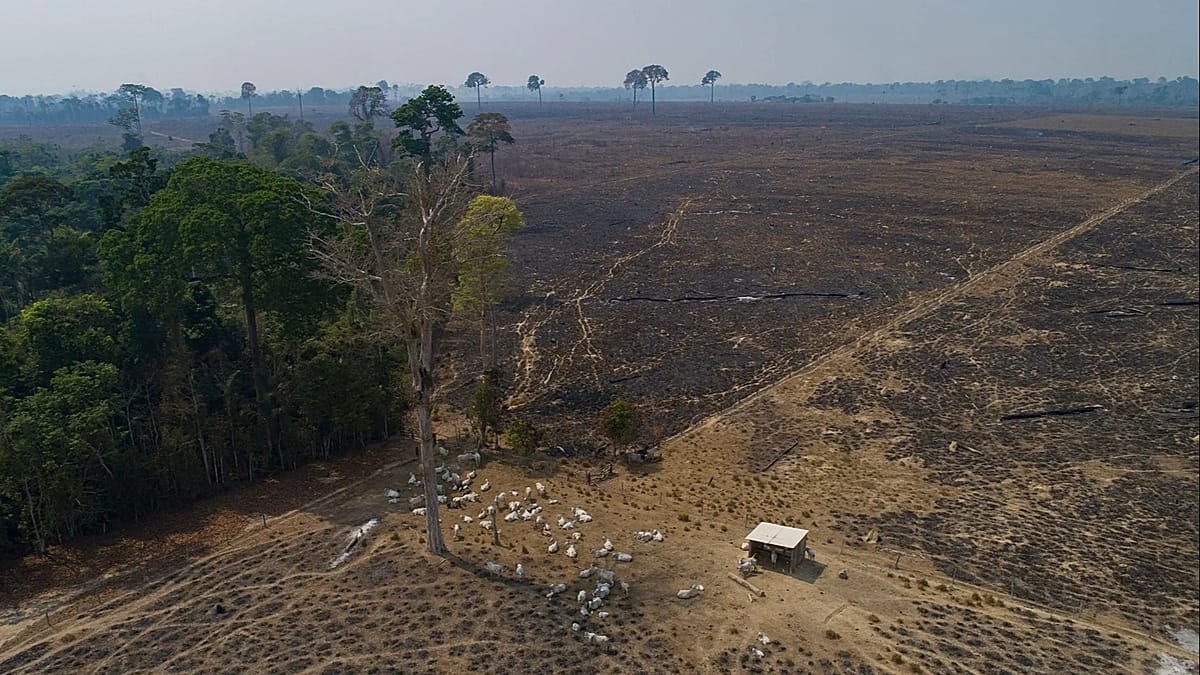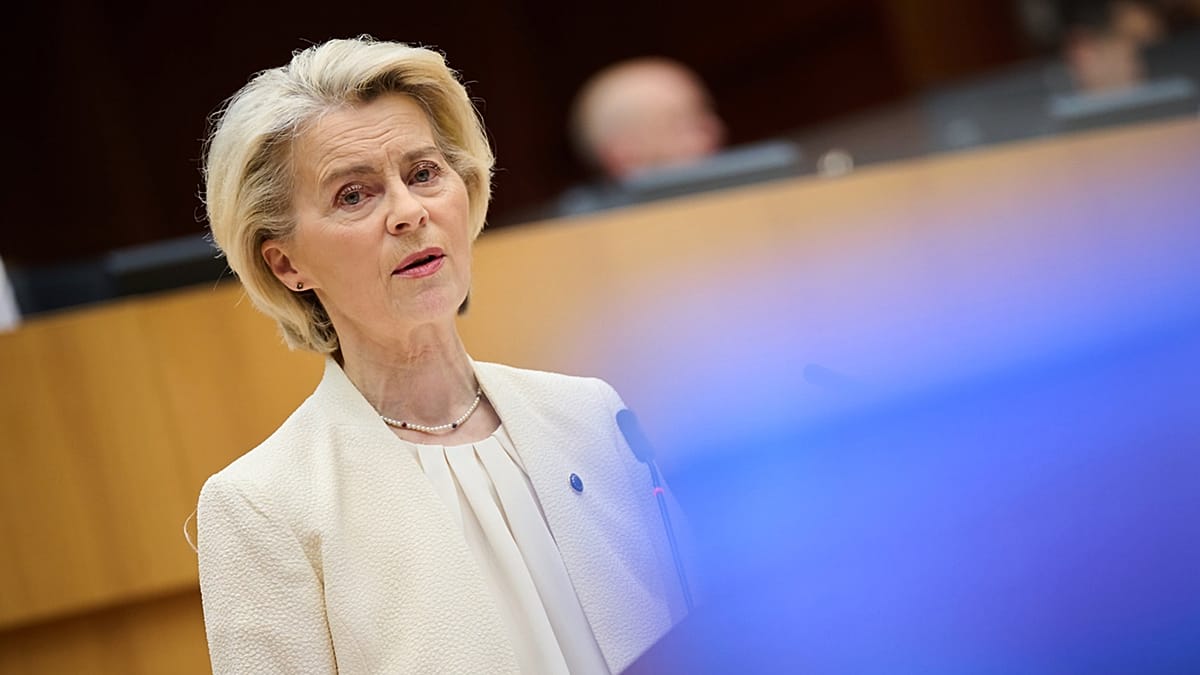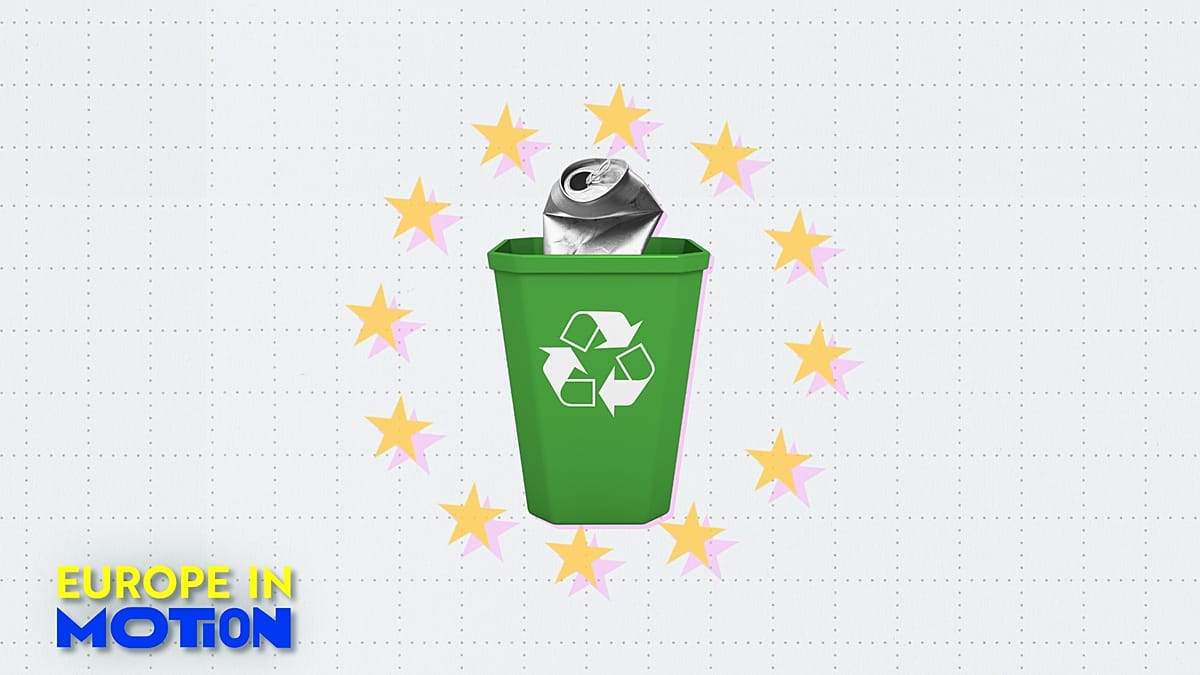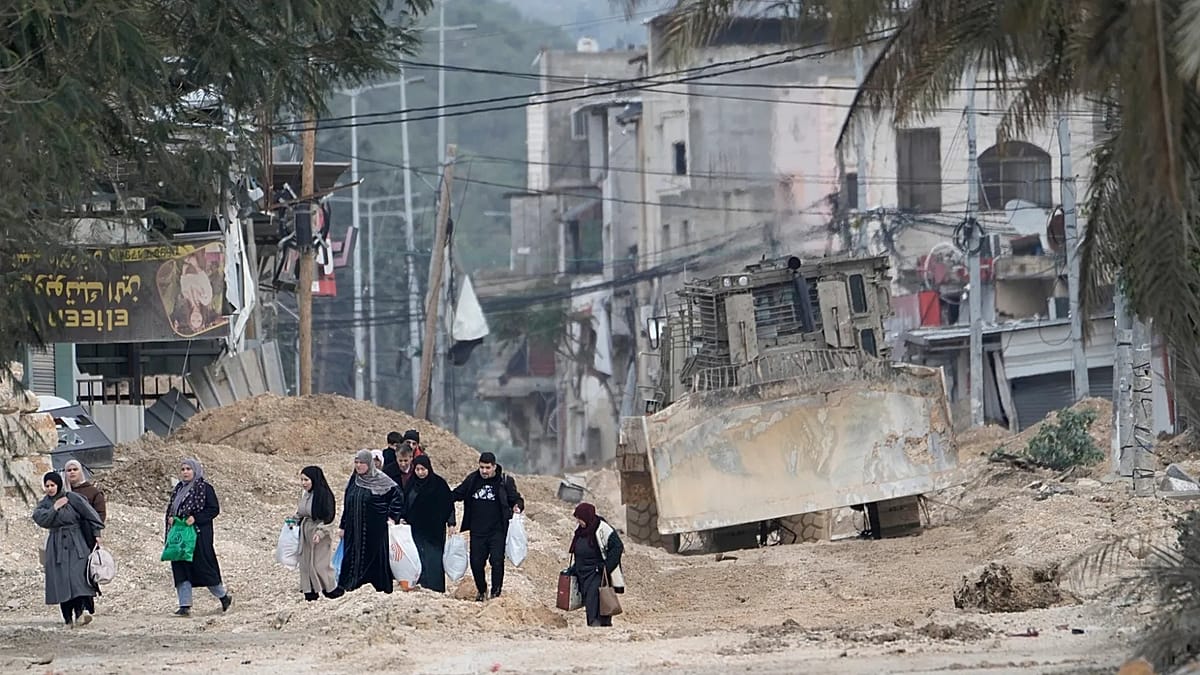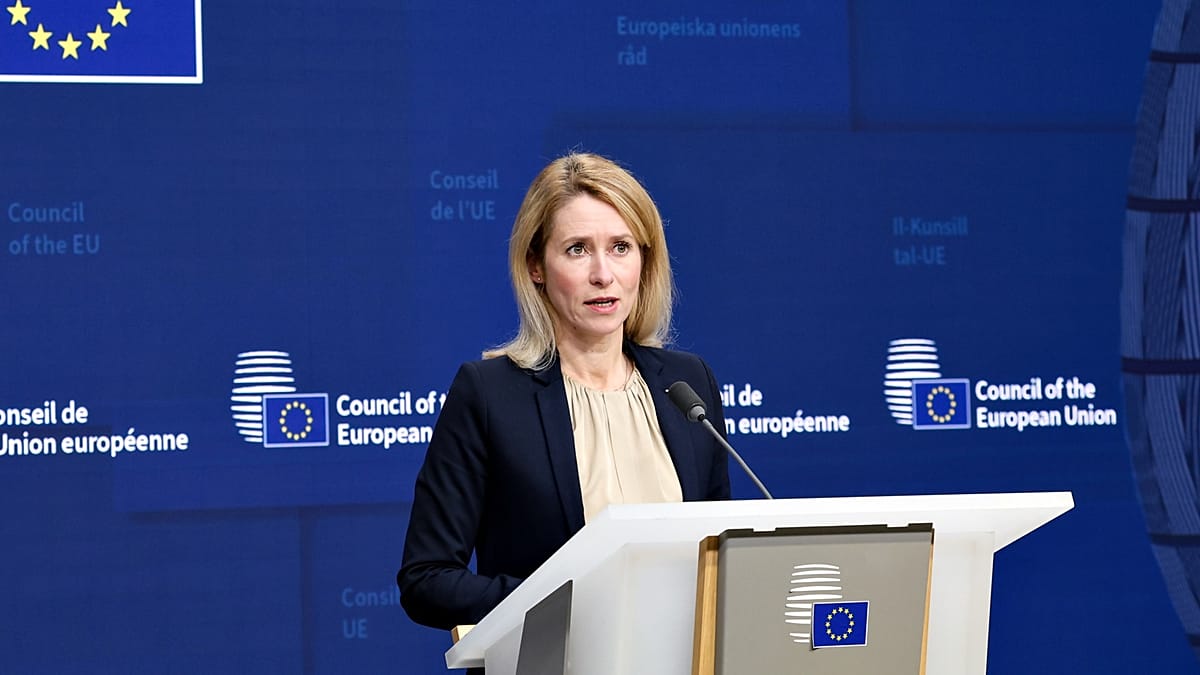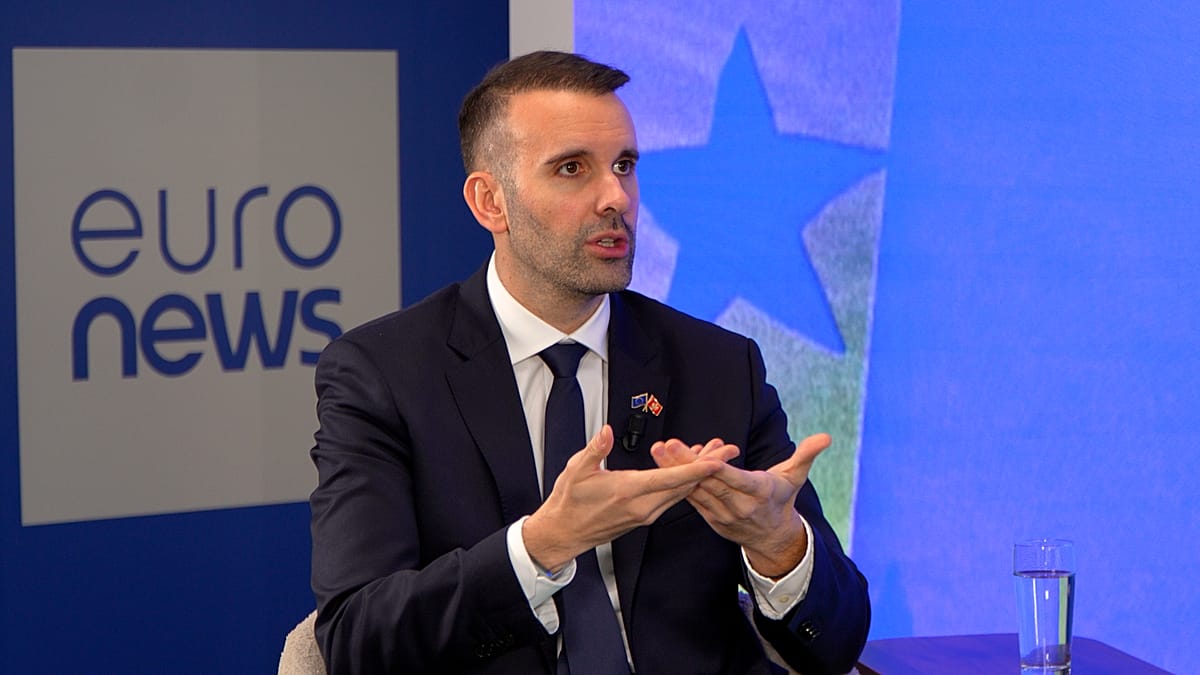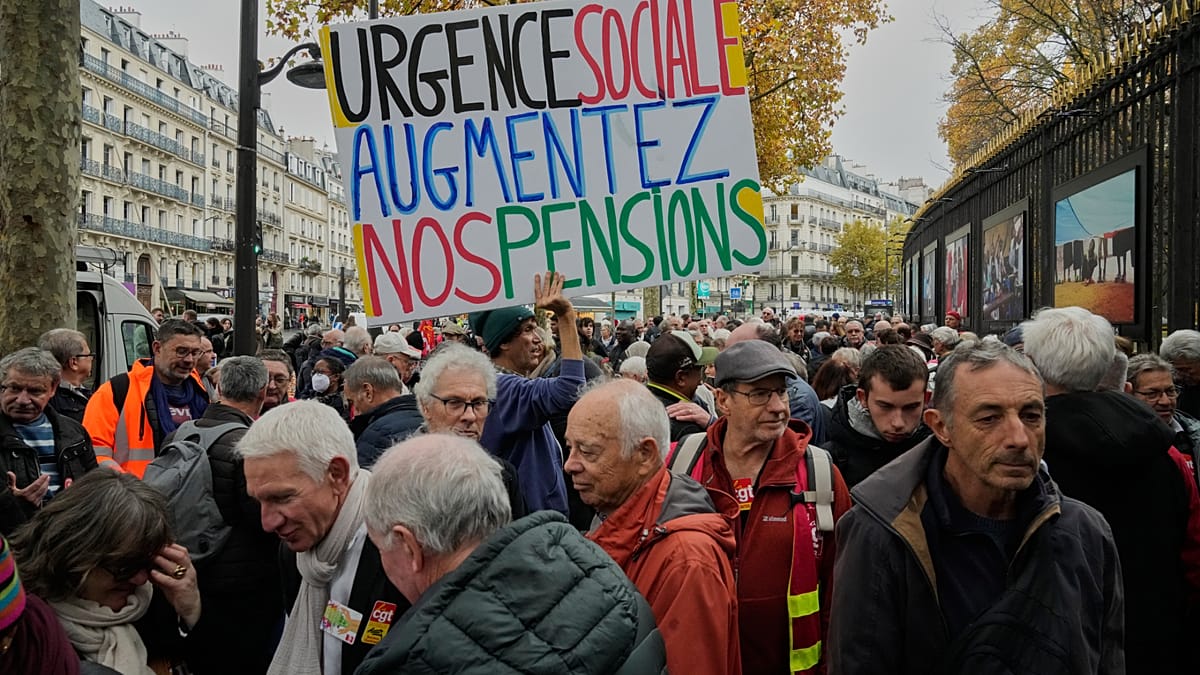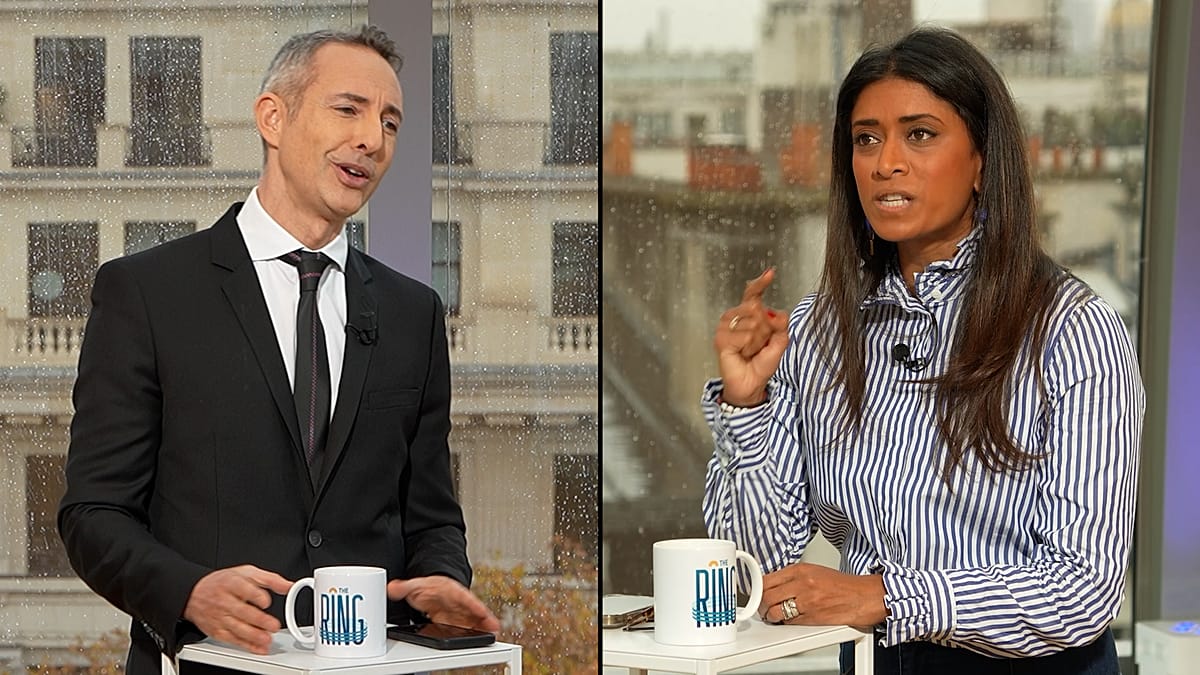Published on
The centrist majority in the European Parliament is once again divided over an environmental issue.
The Parliament is set to vote next Wednesday on the revision of the EU regulation on deforestation-free products, which prohibits the importation of commodities such as cattle, cocoa, coffee, oil palm, rubber, soya, and wood if their production has caused deforestation or forest degradation.
The European People’s Party (EPP) is pushing for Parliament to align itself with member states, who have asked that the application of the regulation be postponed for one year and that due diligence obligations for businesses should be softened. However, the Socialists and Democrats and Renew Europe fear that this would dilute the anti-deforestation rules too much.
The upcoming vote may therefore see a new fracture in the majority that supports European Commission President Ursula von der Leyen.
“The EPP group is tabling [amendments reflecting] exactly word by word the Council’s position,” group spokesman Daniel Köster said at a press conference. “The EPP group would like to see a one-year postponement in order to have more time to agree on the necessary changes of the law.”
The EU regulation on deforestation-free products was initially set to enter into force on 30 December 2024, but three months earlier, the Commission proposed a 12-month postponement. That was approved by the Council and the European Parliament, and thus postponing the regulation’s application to the end of this year.
It was then delayed for a second time by the European Commission, which cited technical issues in the IT system set up to deal with due diligence statements submitted by affected businesses. The Council and the Parliament now have to agree on this further postponement.
Hitting the brakes
The Council’s position was approved by member states on Wednesday, and requests a one-year postponement of the application, until 30 December 2026, with an extra six-month cushion for micro and small operators.
It would also limit the responsibility for submitting due diligence declarations to the operators who first place the imported product on the market, freeing downstream operators from this obligation. Member states have also asked the Commission to foresee a simplification review by April 2026 to assess the impact on operators with a view to eventually amending the law.
MEPs in favour of the regulatory update have rejected the proposal.
“The Council mandate is fundamentally flawed and unacceptable,” German Socialist MEP Delara Burkhardt told Euronews. “An early review before the regulation even enters into application will lead to a reopening and postponement. It’s a stop-the-clock through the back door.”
She still hopes for an agreement with the EPP ahead of the vote, but stresses that the regulation should come into force as soon as possible, at least for big companies.
Renew’s Dutch MEP Gerben-Jan Gerbrandy is also very critical of the member states’ requests.
“The Council position is a dramatic setback for efforts to combat deforestation and, by extension, climate change,” he said. His concerns that go beyond this specific law and touch upon the overall drive for simplification and deregulation championed by the Commission, which is dismantling several environmental laws adopted in the past.
“If your goal is to attract investment, then this sledgehammer approach to deregulation is sheer incompetence,” he explained. “It creates so much economic uncertainty, especially for businesses that plan for the long term and align their investments accordingly.”



